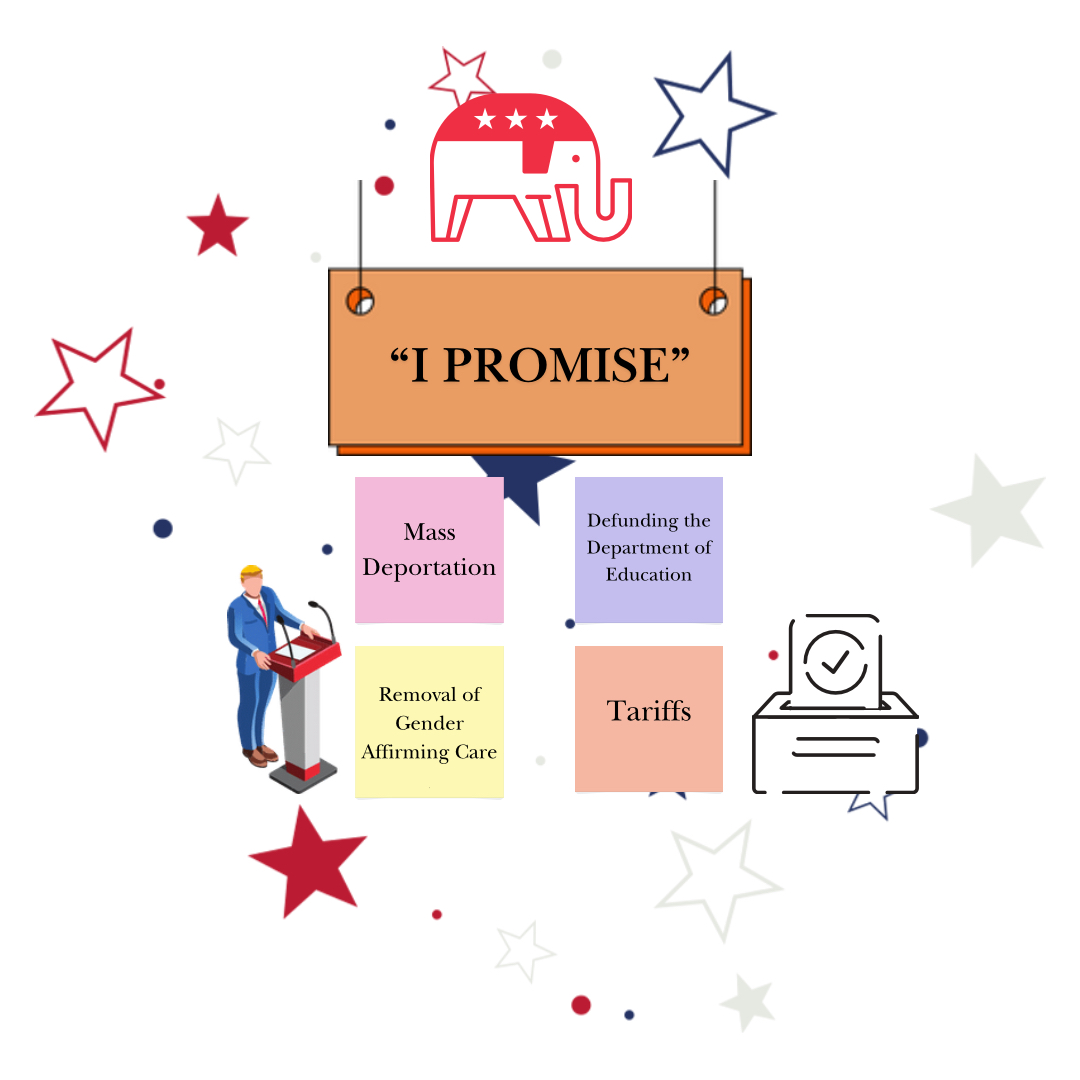Samantha Beck/ Winonan
Matthew Strecher’s shelving in his office is crammed with Japanese literature, and the walls are covered with art.
Strecher has been teaching Japanese literature and culture at Winona State University for eight years in the global studies department. Fluent in Japanese, the professor had also lived in Japan for almost ten years prior to teaching at Winona State. So it should be no surprise his book, “The Forbidden Worlds of Haruki Murakami,” is a synthesis of a type of Japanese literature.
Strecher’s interest in Japanese culture and literature started at a young age.
“It was a childhood interest,” he said, and his interest started with Japanese art. One of his professors at Washington State introduced him to Haruki Murakami’s notorious books, and Strecher became fascinated.
Murakami is a contemporary Japanese writer using a method of magical realism. Strecher defined magical realism as “a realistic setting that is invaded by something too strange for the reader to comprehend, but the characters are not thrown off by the magic.” Murakami’s books dance around horror and nostalgia.
A few of the books he has already written are “1Q84,” “Norwegian Wood,” and “The Wind-Up Bird Chronicle.”
“I really enjoy the unconsciousness and otherworld themes in his books,” Strecher said. “I especially like how the unconsciousness is timeless and devoid of space.”
He met the author Murakami a few times, and all three of Strecher’s books are reading guides or research on Murakami’s work.
“My first book was a guide to the outer realm in Murakami’s books,” Strecher said. “The next was about the inner world, and the newest one is a more detailed map of the inner world.”
It took Strecher eight years to write his first book and four years to write his third. Strecher endured these years because of inspiration—Murakami.
“I really wanted to map the worlds and how it functioned with language.”
In his new book, “The Forbidden Worlds of Haruki Murakami,” Strecher explored the connection with language and how humans manipulate language to construct their realities, as well as outlining the falseness of objective reality.
“The language in Murakami’s books is very lyrical,” Strecher said with a small smile.
As a professor of Japanese literature, Strecher had not used his own books in his curriculum or ever will.
“It is a little embarrassing and too self serving,” Strecher said, though he did incorporate a few of Murakami’s books into his classes and will use select chapters of his own books as background reading for his students. Strecher’s other books are “Haruki Murakami’s The Wind-Up Bird Chronicle: A Reader’s Guide” and “Dances with Sheep: The Quest For Identity in the Fiction of Murakami Haruki.”
Jay Rubin, another author of research of Murakami’s books claims that Strecher’s “The Forbidden Worlds of Haruki Murakami” is a “masterful synthesis.” It was written with “great clarity and correctness,” Rubin said. Strecher makes great evidence that Murakami belongs in the same circle of great writers.











































